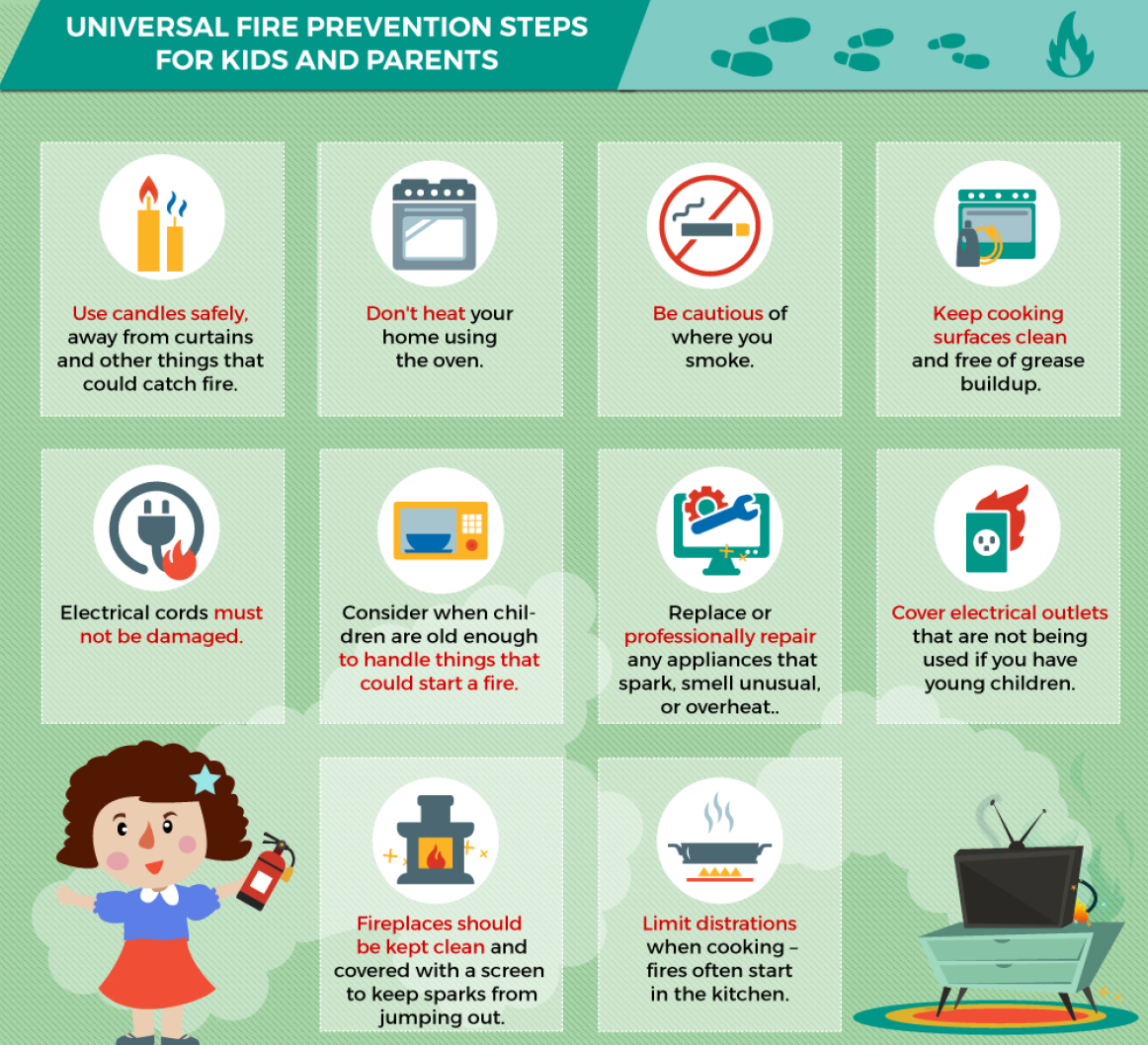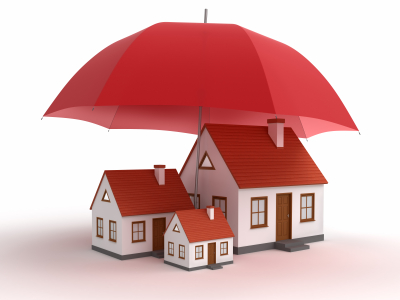Take a minute to think about all of your personal belongings… your furniture and appliances, clothing, sports or hobby equipment, and electronic goods are all regarded as personal property. As much as you care about all of these things, a storm, fire or burglary can take them from you in an instant! How would you recover from this loss? The best thing to do is to be prepared. Creating a detailed home inventory can be a huge help if you need to file a claim in the future. (It can also help you to determine if you have enough coverage now!)
It may seem like a daunting task once you realize how much “stuff” you actually have, but here are some helpful tips to make it easier for you.

There are a few different ways to create a home inventory. First, decide on the best way that works for you. You can do it room by room, category by category (furniture, electronics, etc.), from newest items to oldest or from most expensive purchases to less expensive ones.
One of the easiest ways to take an inventory is to use a video camera, recording and describing items as you walk through your house. Make sure to record and narrate details about your possessions.
Another way is to take photos, and create a home inventory checklist. In some cases, items are listed by the room in wSHFh they are most likely to be found, and in others, they are grouped together by category. For many items like books, CDs, pots and pans, etc., you can make a general estimate of how many you have and their estimated value.
There are also companies that offer home inventory apps for your phone and/or online services like Know Your Stuff
What details should I include?
The more details, the better. Keep any receipts you have with your list to make the claims process easier. If you don’t have receipts for your items, make sure to include information such as brand name, model or serial number, approximate date of purchase or age of the item, and purchase price. You basically want to include any information that can help prove what you have and what it’s worth.
How often should I do this?
Any time you make a significant purchase or decide to sell, give away, or donate large items, it is worth taking a few minutes to update your inventory. Otherwise, take a few minutes once a year to review your list to make sure it’s accurate and up to date.







